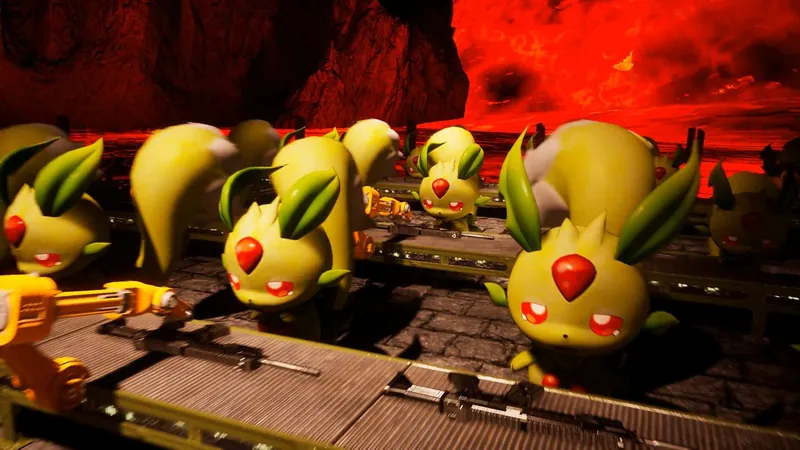
Nintendo's Legal Battle with Palworld: A Game Changer or Just a Fear Tactic?
2024-09-22
Introduction
Nintendo's recent patent lawsuit against the indie game "Palworld" has sparked discussions among legal and industry experts, revealing a myriad of interpretations about the implications of this legal battle. Some analysts predict an extensive and arduous legal process, while others argue that Nintendo would not have initiated such a suit without strong confidence in its victory.
Legal Insights
Haley MacLean, an attorney specializing in intellectual property law at Voyer Law, notes the uncertainty surrounding the outcome of this lawsuit, particularly since the specific patents involved have yet to be disclosed. Speculation suggests that one of Nintendo's iconic Pokeball-related patents may be central to the case. MacLean indicates that potential outcomes could range from an overhaul of "Palworld's" gameplay mechanics to its outright removal from digital storefronts.
Patent Infringement Implications
In an interview with GamesRadar+, MacLean elaborated on the implications of patent infringement. "In countries like Japan, patent infringement pertains to the unauthorized commercial use of a patented invention by another party," she states. "The scope of protection that the patents provide determines whether the actions taken by Pocketpair, the developers of Palworld, crossed the line." Should Nintendo succeed in demonstrating that Pocketpair violated their patents, the developer could be subjected to various legal penalties or requirements.
Historical Context
Historical context adds depth to this case; Nintendo previously won a significant lawsuit against Colopl in 2017 on similar grounds, successfully asserting its rights over multiple patents. “While we don’t yet know if those patents are involved here, the precedent definitely influences the landscape,” MacLean highlights.
Consequences for Pocketpair
Nintendo has claimed that "Palworld" infringes on multiple patents, which lead to a potential cocktail of consequences for the game's developers. MacLean points out that Nintendo's portfolio includes numerous patents not only related to game mechanics but also to user interface elements, controller functions, and console features. If Nintendo establishes its case, Pocketpair could face various scenarios, from enforcing licensing agreements to possibly restructuring or ceasing the sale of "Palworld."
Possible Outcomes
Consensus among some legal experts suggests that an out-of-court settlement is likely, especially considering the financial capacity of Pocketpair and the popularity of "Palworld." Factors such as potential licensing fees could play a role, with outcomes ranging widely based on the undisclosed details of the case.
Potential Scenarios
MacLean identified several potential scenarios from this lawsuit: Pocketpair may be prohibited from re-releasing "Palworld" in certain regions, face demands to pay licensing fees while retaining certain features, completely remove contested mechanics and relaunch, or experience temporary injunctions that could restrict availability across retail platforms.
Deterrent Strategy
The stakes extend beyond "Palworld," as MacLean emphasizes that this legal challenge serves as a deterrent strategy for Nintendo—the overarching message is clear. "This is also an exercise in instilling fear in the marketplace, suggesting that if companies do not heed their patents, they could face dire consequences,” she explains.
Conclusion
Nintendo's decision to confront "Palworld" at this time could very well be informed by the game's burgeoning success and its various cross-platform expansions. Unlike countless unofficial merchandise on platforms like Etsy, which often go unnoticed, "Palworld" represents a prominent challenger to Nintendo's brand integrity. As the case unfolds, the gaming community eagerly anticipates the implications for both companies, particularly in the complex landscape of intellectual property in the gaming industry. Will this lawsuit redefine the limits of creative freedom, or is it merely a calculated move by Nintendo to reinforce its dominance? Only time will tell.
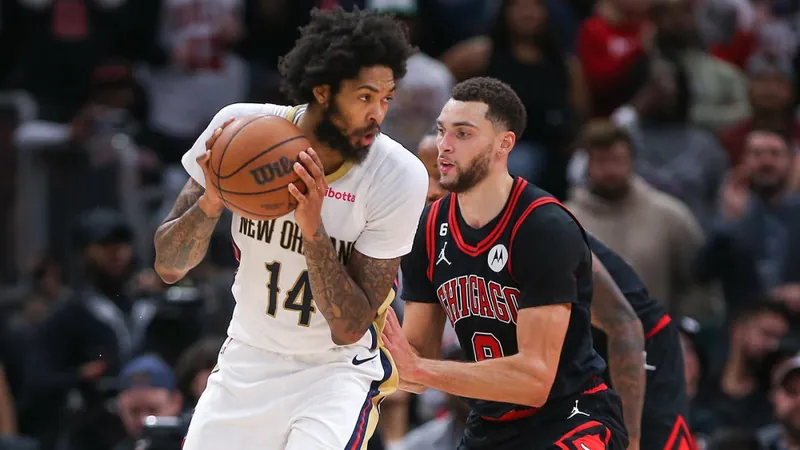
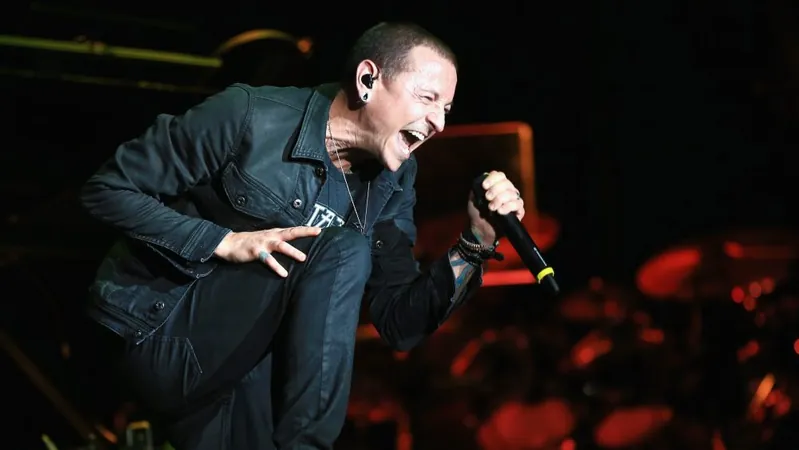
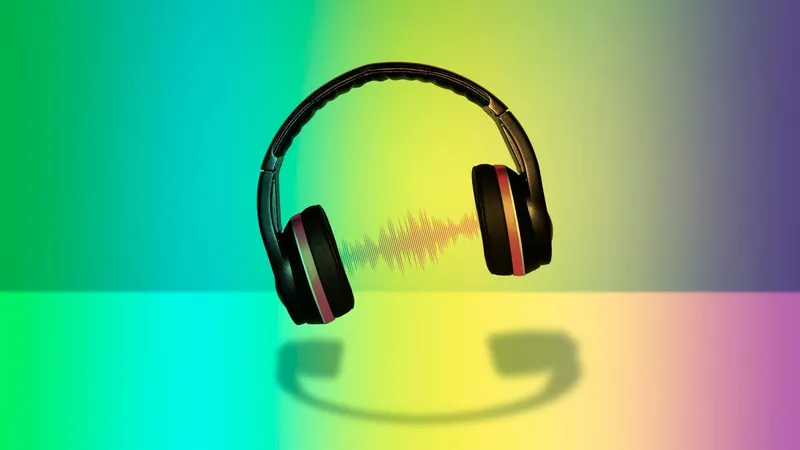
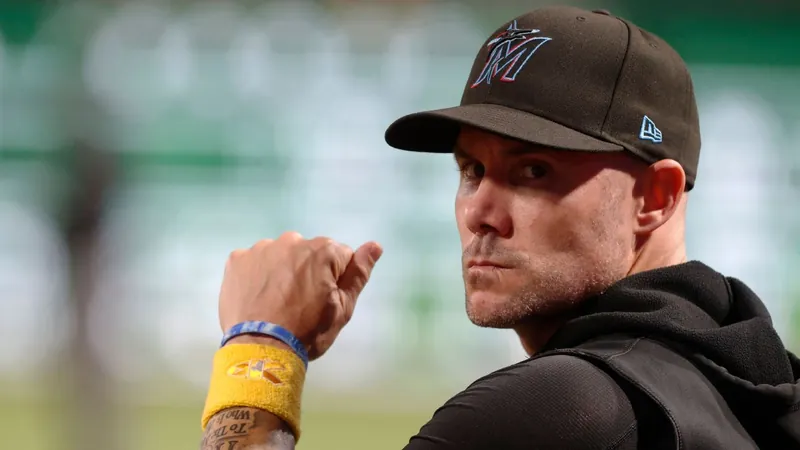

 Brasil (PT)
Brasil (PT)
 Canada (EN)
Canada (EN)
 Chile (ES)
Chile (ES)
 España (ES)
España (ES)
 France (FR)
France (FR)
 Hong Kong (EN)
Hong Kong (EN)
 Italia (IT)
Italia (IT)
 日本 (JA)
日本 (JA)
 Magyarország (HU)
Magyarország (HU)
 Norge (NO)
Norge (NO)
 Polska (PL)
Polska (PL)
 Schweiz (DE)
Schweiz (DE)
 Singapore (EN)
Singapore (EN)
 Sverige (SV)
Sverige (SV)
 Suomi (FI)
Suomi (FI)
 Türkiye (TR)
Türkiye (TR)